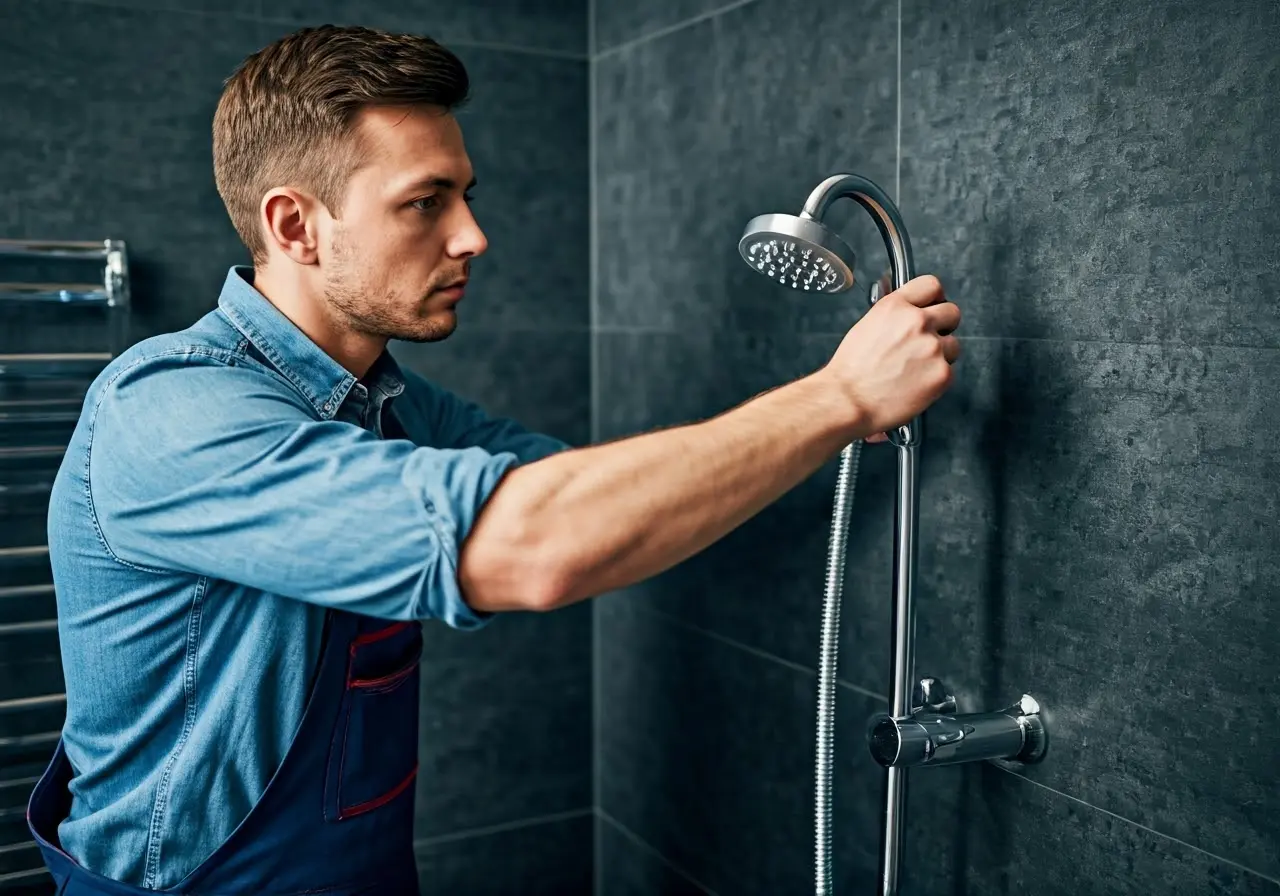Understanding the cost of professional shower installation is vital for homeowners planning a bathroom renovation. Various factors influence this cost, and knowing them can help in budget planning.
Factors Affecting Shower Installation Costs
The cost of installing a shower can be influenced by the type of shower, materials used, and the complexity of the installation process. Additionally, geographic location may also play a role in cost variations.
One of the most significant considerations is the choice of shower type. For instance, prefabricated shower units are generally more cost-effective than custom-built options due to their simplistic design and ease of installation. On the other hand, custom showers, tailored to the specific measurements and aesthetic preferences of the homeowner, often require more labor and specialized materials, inflating costs.
Materials play a crucial role in the cost structure. Higher-end materials, such as marble or designer tiles, will naturally escalate the cost, while conventional materials like acrylic or fiberglass offer a more budget-friendly alternative. The choice of fixtures—be they standard or luxury—also has a noteworthy impact on the final bill.
Geographical location is often underestimated in its potential to influence costs. Urban areas with a higher cost of living might command higher labor fees compared to their rural counterparts. Furthermore, local availability of materials can skew costs, necessitating additional budget considerations for transportation.
Types of Showers and Their Impact on Cost
Different types of showers, such as prefabricated, custom-built, or walk-in, have varying costs due to the complexity of installation and materials needed.
Prefabricated showers are often the most affordable option. These units are typically mass-produced and designed for easy installation, making them popular for homeowners seeking a quick and cost-effective solution. Their prices generally hover at the lower end of the spectrum.
Custom-built showers, conversely, provide homeowners with a unique, personalized space but at a higher cost. Since they are constructed to fit precise measurements and often include bespoke design elements, they require more intensive labor and potentially enlist skilled artisans, further driving up prices.
Walk-in showers have gained popularity for their accessibility and modern design. While they can be more expensive than standard designs due to the open layout that might necessitate additional waterproofing and custom glass enclosures, the investment often translates into increased property value.
Labor Costs Involved in Installation
Labor costs can constitute a significant portion of shower installation expenses. These costs can vary based on the professional’s experience, your location, and the project’s duration.
In metropolitan areas, the competition among contractors can lead to varying hourly rates, but generally, expect to pay premium prices. Conversely, in less populated regions, lower demand may result in more competitive pricing. Regardless of location, it is crucial to consider the contractor’s reputation and experience when evaluating quotes.
Another consideration is the potential for additional unforeseen labor costs. Complications such as plumbing adjustments or structural reinforcements may arise during the installation process, which can extend labor time and increase expenses. A detailed contract with clearly defined terms can help mitigate unexpected financial surprises.
Additional Features and Their Influence on Price
Incorporating additional features like high-end fixtures, custom tiles, or water-saving technologies can increase the overall cost of the shower installation.
Homeowners often opt for luxury features such as rain showerheads, built-in seating, or heated floors. While these add-ons can enhance the showering experience, they also add a significant sum to the total costs due to the specialized installation requirements.
Sustainability-focused features, like low-flow showerheads and smart water systems, not only promote environmental responsibility but can help reduce water bills over time. Although initially costly, investing in such technologies may provide savings in the long run.
Lighting options, including LED fixtures and mood lighting, also influence pricing. These elements often require additional electrical work or special fixtures, warranting a higher budget allocation.
Estimating and Budgeting for a Shower Installation
To get an accurate cost estimate, consider consulting with multiple professionals and obtain detailed quotes. This strategy can help you compare options and plan your budget more effectively.
When comparing quotes, ensure that all estimates outline the same scope of work. Examine line items closely for materials, labor, and any additional charges. Such clarity is crucial for accurate comparisons and helps prevent cost discrepancies later in the project.
Setting a realistic budget early in the process is an invaluable step towards a successful shower installation. Be sure to buffer your budget for contingencies, as unforeseen challenges may arise and require additional funding. This proactive approach ensures your project remains on track without compromising quality.
Final Thoughts on Shower Installation Costs
Shower installation costs can vary greatly based on several factors ranging from type and design to labor and additional features. Understanding these variables can help you plan effectively and avoid surprises.










